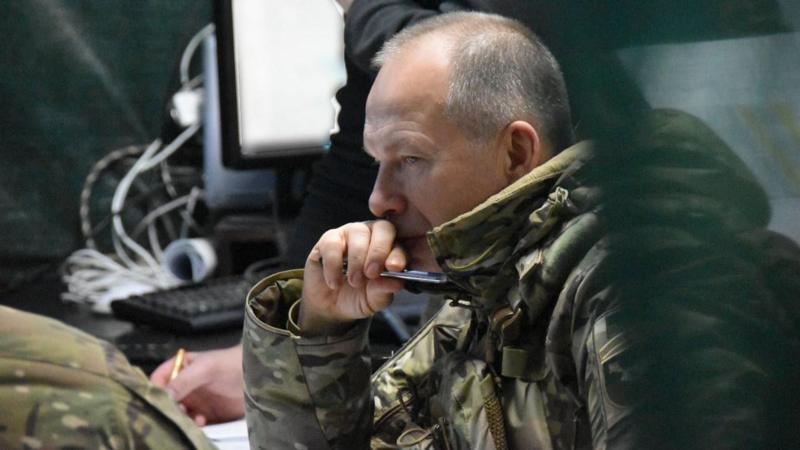Gen. Oleksandr Syrsky’s appointment as the new commander of the Ukrainian military comes amidst a critical juncture in the country’s conflict with Russia. While hailed for past successes, his leadership faces scrutiny and skepticism within the army and broader society.
Gen. Syrsky, a seasoned military leader, rose through the ranks with extensive combat experience against Russian forces. His career spans from the Soviet era to independent Ukraine, marked by pivotal roles in confronting Russian aggression.
His tenure includes strategic victories, notably in Kyiv and the Kharkiv region, but his handling of the Bakhmut battle drew criticism for embracing attritional warfare. Despite successes, doubts linger over his adaptation to evolving tactics and technologies.
Gen. Syrsky’s appointment follows a reshuffling of military leadership, raising concerns of politicization. While some view him as a strong commander, others criticize his adherence to outdated tactics and Soviet-era approaches.
He faces the challenge of leading Ukraine’s military amidst hardened frontlines and uncertainties over Western support. Despite resource constraints, he has demonstrated resilience and innovation, leveraging asymmetrical tactics against Russian forces.
President Zelensky’s decision reflects a strategic imperative to secure Ukraine’s interests against Russian aggression. As the conflict intensifies, Gen. Syrsky’s leadership will be crucial in navigating complex battlefield dynamics and bolstering Ukraine’s defense capabilities.
Gen. Syrsky’s appointment signals Ukraine’s commitment to confronting Russian aggression, yet it also underscores the challenges and controversies surrounding military leadership in a protracted conflict. As Ukraine seeks to defend its sovereignty, the effectiveness of Gen. Syrsky’s leadership will be pivotal in shaping the country’s military strategy and resilience against external threats.
Source: Adapted from The New York Times



